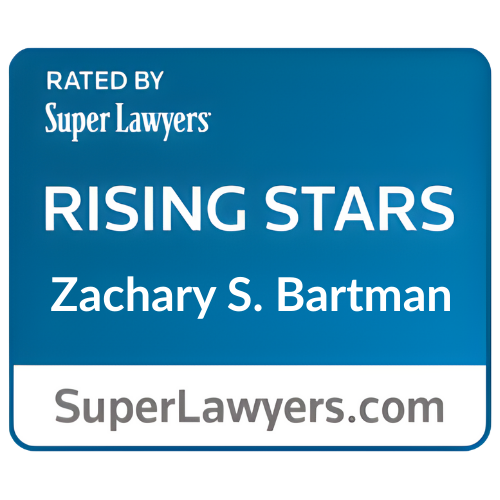If you are paying child support, you may find it difficult to make court ordered payments. This can lead to problems if the court wants to garnish your wages to enforce support orders. If you are having difficulty paying your child support order, talk to an attorney. You may be entitled to modify your child support to an amount you can afford.
To enforce child support, the courts have a broad power to go after your wages and even some other benefits to pay off your child support debt. Your 401k might even be in danger under some circumstances. Talk to the child support modification attorneys at Cooper Family Law today to learn how to protect your wages and benefits from child support payments.
Pennsylvania Wage Garnishment
In Pennsylvania, courts may order “wage garnishment” to enforce unpaid child support. Rather than trusting you to make payments, the court may order your employer or your bank to take money directly out of your paycheck to help pay your back child support payments. This is a relatively extreme penalty, and should only be used in situations where the payor refuses to pay or is far behind in payments. You may be able to hire an experienced family law attorney in Philadelphia to protect you from wage garnishment.
In Pennsylvania, the law allows up to 65% of your wages to be garnished toward child support payments. If you have another family of your own to support, the cap is 50% of your wages. However, another 5% can be garnished if you are more than 12 weeks behind on payments. If you do not have another family to support, the courts can order 60% garnishment, and can still order 5% more if you are over 12 weeks behind, for a total of 65% of your wages.
The garnished wages typically only come out of your take-home pay. The law calls this “disposable earnings,” but you may otherwise know it as “net pay” or “net income.” This is your income after they already take out federal, state, and local taxes and other benefits like healthcare and FICA taxes.
Federal law also puts a hard cap on wage garnishment. This prevents the government from taking more than 25% of your monthly income at a time. Alternatively, the rules might ensure that you at least take home 30 hours worth of minimum wage work ($217.50 for 2017) if that amount is less than 25% of your take-home pay. However, there may be ways that wage garnishment can attach to your 401k account.
Note that if you are currently paying your ordered child support, wage garnishment is unnecessary. Wage garnishment is usually only used to enforce court orders when people stop paying, so neither your wages nor your 401k plan would be garnished if you stay on top of your payments.
Wage Garnishment from a 401k Plan
A 401k plan is a retirement plan that follows strict rules for how and when money can go in and out of the account. Generally, the money you put into the account is pulled straight from your paycheck before taxes. Your employer may even match this money, adding more to the account. You typically cannot pull money out of the account until you are 59 1/2 years old. When you do, it is taxed as income (since it wasn’t taxed on the way into the account). Depending on your specific plan, there may be ways to draw from an account earlier than retirement, such as for hardships.
In many cases, garnishing your wages is enough to satisfy the courts. If you make enough money to cover your monthly child support orders, the court’s wage garnishment might be enough to pay the unpaid child support. You can also protect yourself from garnishment in many cases by having the child support amount lowered, or by simply complying with payments. If, however, the court cannot get enough money from wage garnishment, they may look to take money from your 401k.
In some cases, 401ks can have “alternate payees” other than the person whose name is on the account. Typically, since you put the money in, you will be the “payee” and receive the funds when the account comes due. However, courts may assign someone else to receive payments as part of a child support order.
This order must be a “qualified domestic relations order” under 29 U.S.C. § 1056(d)(3)(B)(i)’s definition in order to reach your 401k. To meet this requirement, the order must relate to child support and properly follow state law and must meet other requirements (such as listing your address). If the order fails to meet these requirements, it cannot touch your 401k.
There may be other ways to prevent an order like this from attaching your 401k to child support. You may be able to protect other retirement accounts, too. Talk to an attorney to learn about your options for protecting your funds and wages, or to get child support lowered.
Philadelphia Child Support Lawyers
The child support lawyers in Philadelphia at Cooper Family Law help fight unfair child support orders and wage garnishment throughout Philadelphia, Northeast Philly, Delaware County, Montgomery County, Bucks County, and beyond. Contact us for a consultation on your child support case.










